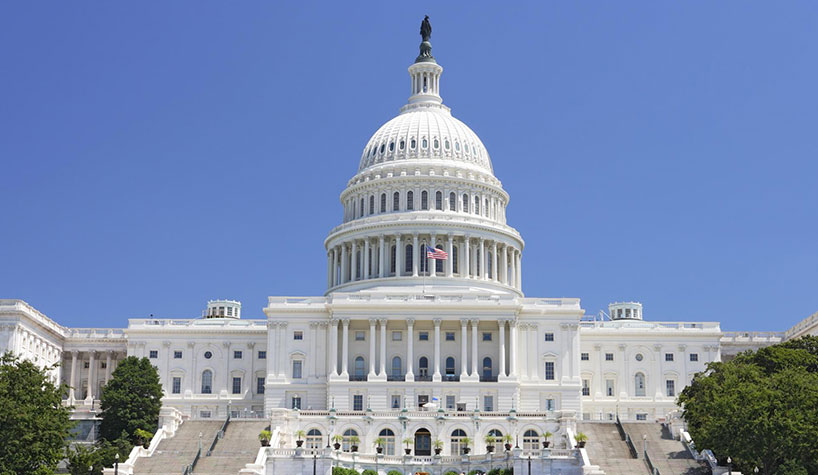WASHINGTON—The federal government could save more than $4.1 billion if federal employees used Airbnb listings when traveling for work, according to a new analysis by the company. The report comes on the same day that Airbnb Co-founder, Head of Community and CEO Brian Chesky is here to keynote the Internet Association dinner and meet with both parties on Capitol Hill.
“This is good for taxpayers and good for hosts, who keep up to 97% of what they charge for their listing,” said Nick Papas, director of public affairs for the brand.
In fiscal year 2017, federal employees spent $3.1 billion at different hotels while traveling on official business across the country and around the world. Five hotel corporations collected more than $1.7 billion in taxpayer dollars, and $318.4 million in taxpayer dollars were spent at hotels whose parent companies are not headquartered in the U.S., according to Airbnb.
“If federal employees had stayed in Airbnb listings instead of hotels in the last fiscal year, they could have saved over $413 million in taxpayer dollars,” according to the report. “Money spent housing federal employees at Airbnb listings while traveling on official business would go directly to taxpayers who share their space on Airbnb. In addition, the federal government would also more directly support U.S. communities.”
The report also states that even some incremental use of Airbnb listings by federal employees could result in substantial savings for taxpayers. “If federal employees only spent 25% of their nights on the road in Airbnb listings, the federal government could potentially save $103.3 million a year, or more than $1 billion over 10 years,” it said.
The savings for taxpayers would also be combined with substantial economic benefits for communities that have not benefited from tourism in the past, the report states. “Airbnb hosts keep up to 97% of the price they charge for their home, so federal resources would be delivered directly to taxpayers rather than major corporate hotel chains that often send their profits to headquarters and investors overseas. And unlike many corporate hotels, Airbnb listings are often in rural areas. Nearly one in five Airbnb listings across the U.S. is in a rural area, and hosts in rural areas earned nearly half a billion dollars through Airbnb between February 2016 and February 2017.”
The American Hotel and Lodging Association (AHLA) responded to the study with the following statement:
“Airbnb’s sponsored study is nothing more than a ginned-up collage of misleading statements and doctored stats in [an] attempt to get a piece of the government travel business. The fact is they still lack transparency in paying taxes nor are they complying with state and local regulations in many jurisdictions. Combine that with the fact they are depleting affordable housing throughout the country, government officials should pause in considering Airbnb as a legitimate, viable option for federal travel.
More importantly, there is a well-documented and daily barrage of safety issues affecting neighborhoods, including wild house parties and even criminal behavior, including shootings, drug trafficking and hidden cameras in residential areas, Lawmakers need to consider the safety issues that could put federal employees at risk.”
Updated to include AHLA response.
